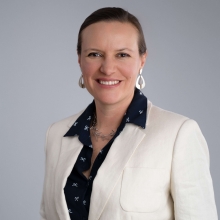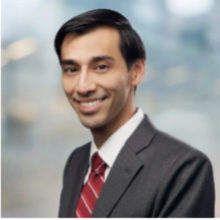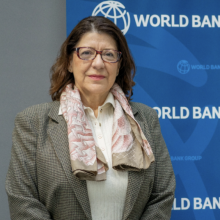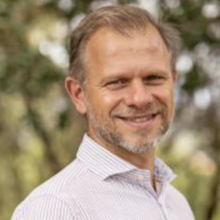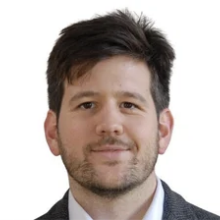| 09:00 - 09:05 | Opening Remarks | Serdar Yilmaz, Practice Manager, World Bank |
| 09:05 -09:25 | Why a Fiscal Ecosystems Approach? Key Findings and Action Plan |
Philippe Brüegger, SECO Warren Krafchik, Trust, Accountability, and Inclusion Collaborative |
| 09:25 -10:00 | Panel Discussion | Moderator: Paolo de Renzio, FGV EBAPE Ana Patricia Muñoz, International Budget Partnership Vishal Gujadhur, Gates Foundation Chiara Bronchi, World Bank Matt Davies, IMF |
| 10:00 - 10:20 | General Discussion | Open Floor |
| 10:20 - 10:25 | Reflections | Philippe Brüegger, SECO |
| 10:25 - 10:30 | Closing Remarks | Bunthoeun So, Financial Management Umbrella Program |
- Overview
- Speakers
- Agenda
On the margins of the Reimagining Public Finance Global Conference (RPF), this side session will examine a powerful means for making public finance reforms succeed. The session will center on how a fiscal ecosystems approach can help make change happen more effectively, and make public finance more inclusive, accountable, and equitable.
The session will be based on findings from a high-level dialogue to be held in Switzerland the week before RPF. That dialogue will bring together 30 leaders from ministries of finance, oversight bodies, civil society, academia, and international institutions.
Participants in the RPF-adjacent session will look at the web of actors that together determine public finance outcomes, including legislatures, supreme audit institutions, civil society, academia, media, courts, and donors. Participants will discuss, concretely, how to recognize and tackle the institutional, relational, and political challenges that have historically undermined attempts at public financial management reform. The discussion will focus on how relationship-building, power-shifting, and collaboration across the entire fiscal ecosystem is required to make real change.
FAQs
Yes. Please use the Sign Up button to register. This confirms your attendance for either the in-person event or access to the livestream. Once registered, you’ll receive an email with event access details, location or login instructions, and timely reminders.
The event recording will be available on this page shortly after it concludes. If you registered via the Sign Up button, you’ll receive a follow-up email with a link to watch the replay and access any resources shared during the event.


